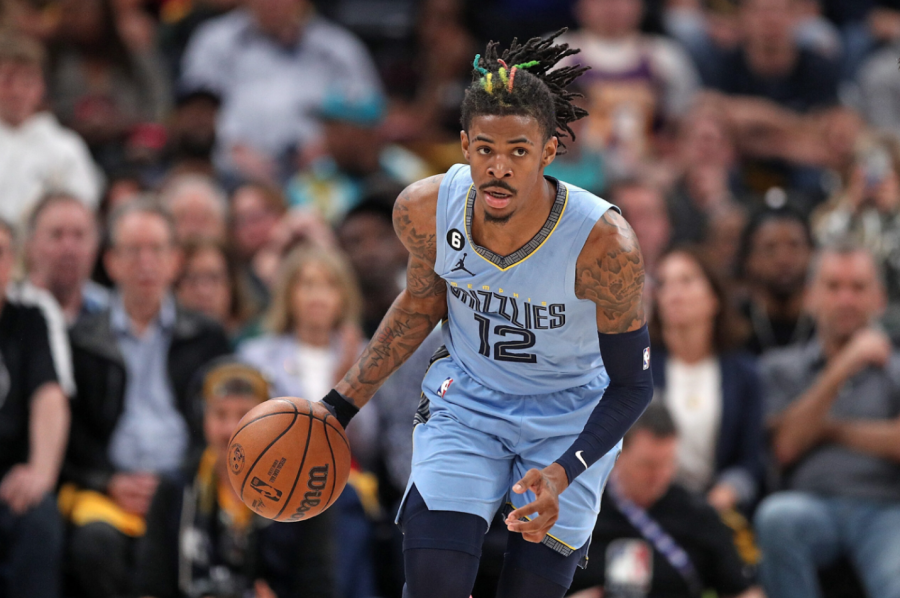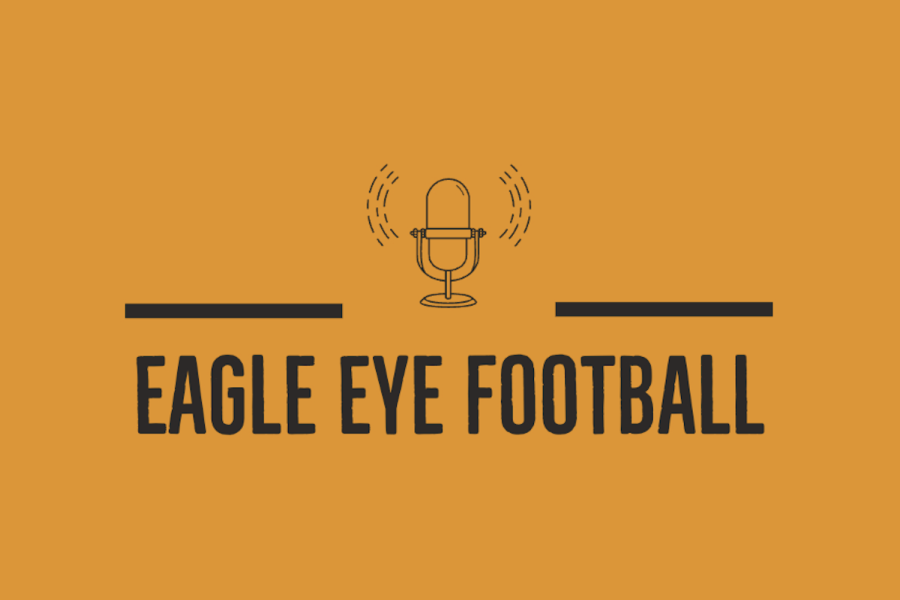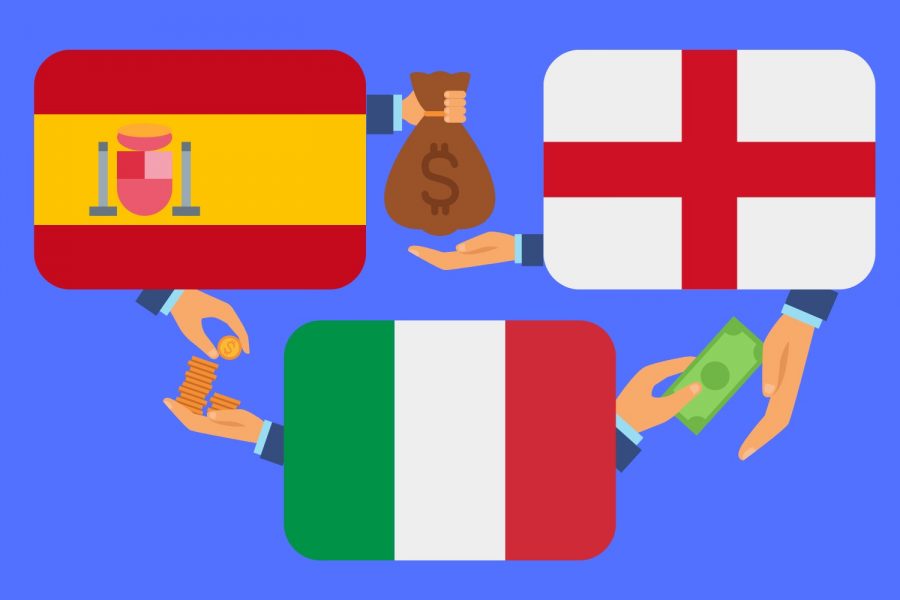The European Super League fell apart as quickly as it was announced. On the night of April 18, ripples of shock spread across the football community when it was revealed that 12 of the biggest European football teams — including six English clubs — were breaking off into a new elite league: the European Super League. All backlash against the Super League was incredibly justified and valid, however the underlying issue of classism and capitalism ruining football needs to be acknowledged on a grander scale.
The Super League would have consisted of England’s “Big Six”: Arsenal, Chelsea, Liverpool, Manchester City, Manchester United and Tottenham Hotspur, as well as European clubs AC Milan, Atletico Madrid, Barcelona, Inter Milan, Juventus and Real Madrid. These 12 teams named themselves the Founding Teams, and alongside three extra teams, they would have been permanent members of the league, with a further five clubs qualifying for the league annually.
However, on April 20 Chelsea and Man City withdrew from the League, and in the following days, the remaining four English clubs eventually pulled out. This was spurred by backlash from fans of all teams, who saw the Super League as infringing upon the moral values of football. The Premier League and even U.K. Prime Minister Boris Johnson also condemned the Super League.
As the Founding Teams eternally solidified their place in the Super League, which is an ideology which ruins the competitive and grassroots aspect of the sport, fans had every right to express indignation towards the announcement.
The beauty of the Premier League, where relegation and promotion is a possibility for all teams in the country, is that theoretically any team can win as shown by Leicester City’s historical first place finish in the 2015-16 Premier League and West Ham’s stellar performance this season leading them to a current fifth place, while they finished only two spots away from relegation last season.
However, the intended structure of the Super League would have had economic benefits for the 15 founders as their ensured entry would guarantee revenue annually.
According to the Telegraph, the Super League could have generated £3.1 billion total for the first 15 members this year, while Union of European Football Associations (UEFA) currently annually distributes £3 billion in prize money and television broadcasting deals to all clubs participating in its European competitions.
Interestingly, 20 of the biggest European clubs lost more than €1 billion over the past year due to the COVID-19 pandemic, per the Guardian. Therefore, it is clear the Super League was just an excuse for the clubs to replenish their finances.
In addition, although the Founding Teams claimed the Super League would provide them with a much needed higher level of competition, teams such as Manchester United were kicked out of the Champions League in the group stages. However, there was clearly enough competition for these teams in the Champions League, which hosts the best clubs in Europe.
Similarly, at present, Arsenal is holding the 10th spot in the Premier League, sitting below teams Everton and Leeds United with less accredited history and prestige.
If Man Utd and Arsenal think they are worthy of an elite league like the Super League, their performances don’t show it. What about teams like Leicester City and West Ham, placed third and fifth in the Premier League respectively, who based on their execution this season thus far are more worthy of a higher level league?
Though I predicted social media would be flooded with many memes and jokes surrounding the controversy of the Super League, I was pleasantly surprised to also see so many people criticising the capitalist aspect of it.
Images with slogans such as, “Created by the poor, stolen by the rich” were commonly spread on Instagram by many people who rarely post about social issues.
Though protesting the Super League is not “social justice” per say, the sentiment draws parallels to other social dilemmas. For example, gentrification – which is the process of an urban area undergoing development to cater to wealthier business and homeowners therefore displacing the original communities in the process – was an underlying aspect of the Super League.
In particular, rich, American businessmen own multiple of the clubs involved, such as the traditionally working class clubs Man Utd and Liverpool. Not only were they the main benefactors of the league, but they also called the shots on the decision to form the league.
Outrage from fans ultimately led to multiple apologies, like Man Utd Co-Chairman Joel Glazer’s open letter to fans apologizing for disrespecting football’s “deep-rooted traditions.”
It’s evident these foreign owners, who know nothing about the history of the clubs they own, ultimately see them as means of personal income and will make any moves necessary to increase their revenue, regardless of how it impacts the fans, players and the sport as a whole.
I didn’t think the Super League would commence prior to the English teams leaving. Especially as UEFA and the Premier League publicly shared their disdain, and planned punishments for any teams involved, such as banning teams from the Premier League and players from the World Cup. But although it was an eye-opening week for the football world, above all we learned that to the people at the top, money is the most important aspect of the beautiful game.








